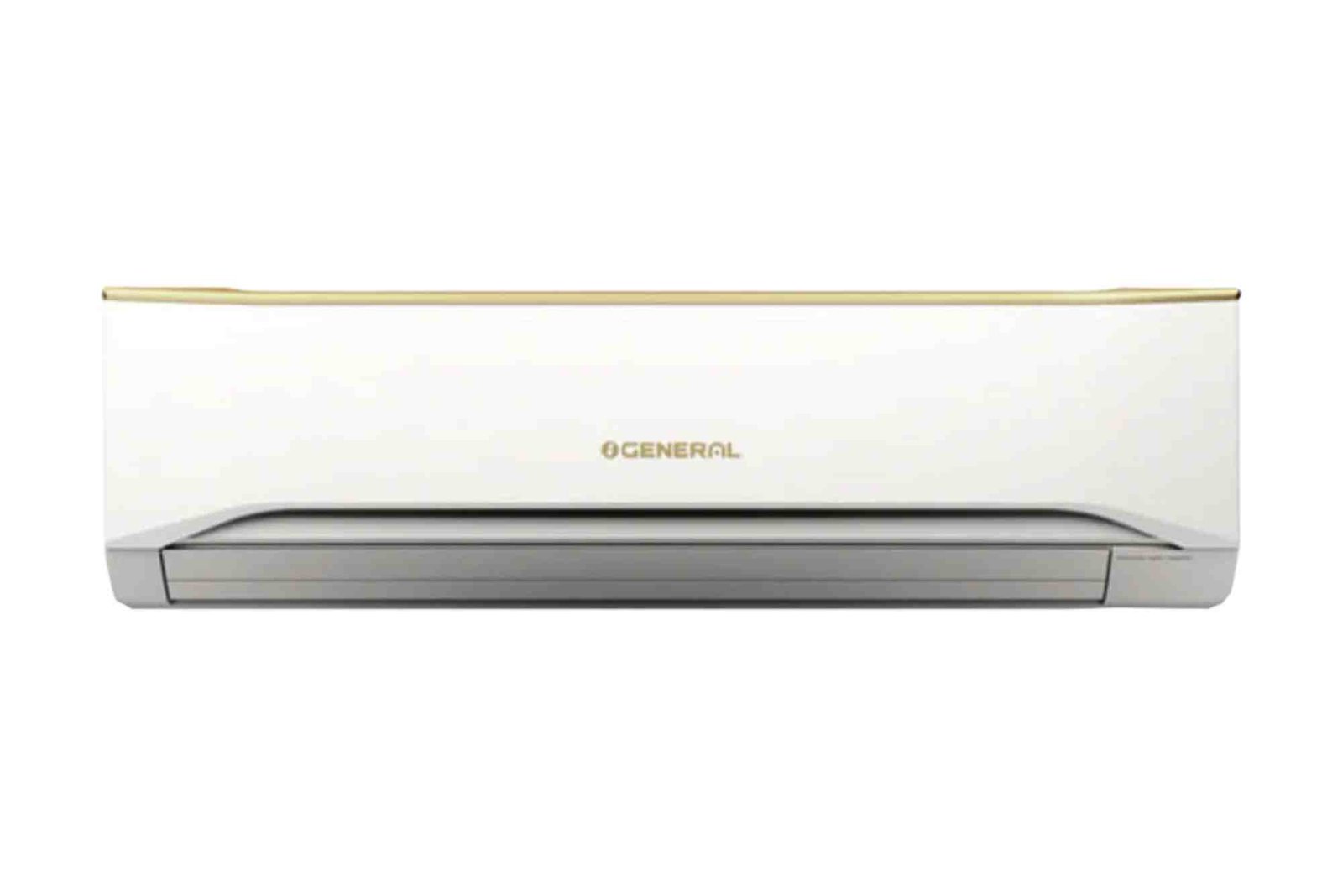Buying a car is a significant investment, and understanding the taxes that come with it is essential. In Connecticut, one of the primary taxes you’ll face when purchasing a car is the state’s sales tax. This tax affects both new and used vehicles, and it is essential to understand how it works to avoid surprises in the final price of the vehicle. This guide will explain how Connecticut’s sales tax on car purchases is calculated, when it is due, and whether any exemptions or reductions apply.
What is Connecticut Sales Tax on Cars?
In Connecticut, the state imposes a sales tax of 6.35% on the purchase price of most tangible personal property, including cars. This means that when you buy a new or used car, you will need to pay this tax in addition to the cost of the vehicle. The sales tax applies to both the base price of the vehicle and any additional fees or charges included in the purchase price, such as dealer fees or delivery charges.
For example, if you buy a new car for $30,000, the sales tax will be calculated as 6.35% of $30,000, adding $1,905 to your total cost. This rate applies whether you’re purchasing from a dealership or a private seller, though the process of paying the tax may differ.
Key Points to Remember:
- Sales tax rate: 6.35%.
- Applies to: Both new and used vehicles.
- Exemptions: Certain transactions, such as those by government agencies or non-profit organizations, may be exempt.
How is Sales Tax Calculated for Cars in Connecticut?
Calculating the sales tax on a car purchase in Connecticut is fairly straightforward. The state charges tax based on the purchase price of the car, which includes any dealer fees, customization fees, or other charges that are added to the vehicle price.
Example Calculation:
If you purchase a car for $25,000, the sales tax would be:
- $25,000 × 6.35% = $1,587.50
- Total cost: $26,587.50
If you trade in an old vehicle as part of your purchase, the value of the trade-in will be subtracted from the total purchase price before calculating the sales tax. For instance, if the vehicle’s trade-in value is $5,000, the sales tax will only be applied to the difference between the price of the new car and the trade-in value.
Example with Trade-in:
If the new car costs $25,000 and you trade in a car worth $5,000:
- $25,000 – $5,000 = $20,000 (new taxable amount).
- $20,000 × 6.35% = $1,270.
- Total cost: $21,270.
When is Sales Tax Due on a Car Purchase?
Sales tax in Connecticut is due when you purchase the car, but how it is paid depends on where you make the purchase. If you are buying a car from a dealership, the dealer will collect the sales tax as part of the purchase price. The dealer will then remit the tax to the state.
For private sales, you will be required to pay the sales tax when you register the vehicle at the Connecticut Department of Motor Vehicles (DMV). This means that even if you buy a car privately, you must still account for sales tax when going through the registration process.
Timeline for Payment:
- Dealership purchases: The dealer collects the sales tax at the time of sale, and it is included in your payment.
- Private sales: You must pay the sales tax when registering the vehicle at the DMV, and the tax will be due along with registration fees.
Can Sales Tax Be Exempted or Reduced in Connecticut?
While most Connecticut Sales Tax Carpurchases are subject to Connecticut’s sales tax, there are certain exemptions and reductions available under specific circumstances. One of the most common reductions is for trade-ins. The state allows the value of your trade-in vehicle to be deducted from the purchase price of your new vehicle before calculating the sales tax.
Other exemptions may apply to certain types of buyers, such as government entities, non-profit organizations, or foreign diplomats. If you qualify for one of these exemptions, you may be able to avoid paying sales tax on the vehicle altogether.
Exemption Examples:
- Trade-ins: The value of the trade-in car is subtracted from the total purchase price.
- Government and non-profit purchases: These buyers may be exempt from sales tax under certain conditions.
- Diplomatic exemptions: Foreign diplomats may qualify for sales tax exemptions when purchasing a vehicle.
It is important to verify your eligibility for any exemptions with the Connecticut Department of Revenue Services (DRS) before completing your purchase.

Sales Tax and Leasing a Car in Connecticut
Leasing a car in Connecticut is treated differently for sales tax purposes than buying a car. When you lease a car, the state applies the sales tax to the monthly lease payments rather than the entire value of the car. This means that instead of paying tax upfront on the entire vehicle price, you’ll pay a tax on the amount you will be paying throughout the lease term.
Leasing vs. Buying:
For example, if you lease a car for $400 per month, and the sales tax rate is 6.35%, the tax will be:
- $400 × 6.35% = $25.40.
- Total monthly lease payment with tax: $425.40.
When leasing, it’s important to check with the dealer to ensure that the monthly payment includes the sales tax, or if it will be added separately.
Special Considerations for Out-of-State Purchases
If you purchase a car outside of Connecticut and bring it into the state, you are still required to pay Connecticut’s sales tax when you register the vehicle. This is true even if the car was bought in a neighboring state.
Out-of-State Purchases:
- If the dealership in another state does not collect Connecticut sales tax, you will need to pay the tax when you register the car in Connecticut.
- If you’ve already paid sales tax in another state, Connecticut allows you to receive a credit for the tax you paid, provided the sales tax rate in that state was not lower than Connecticut’s.
It’s important to keep all documentation, such as receipts and proof of payment when buying a car out of state to ensure you are only paying the difference in tax, if applicable.
What Happens if You Don’t Pay Sales Tax on a Car?
Failure to pay the required sales tax on a car purchase can result in penalties, interest, and legal issues. If you attempt to register a vehicle without paying the proper tax, the DMV will not process your registration until the tax is paid in full. Additionally, Connecticut may impose interest charges and penalties on overdue taxes.
Consequences of Not Paying Sales Tax:
- Late fees and interest: You may be charged additional amounts if the tax is paid late.
- Registration refusal: The DMV will not allow you to register the vehicle without proof of tax payment.
- Legal implications: Continuing to avoid paying the tax could result in legal actions, including fines or a lien placed on the vehicle.
It is essential to pay your sales tax on time to avoid these complications.
How to Pay Connecticut Sales Tax on a Car
In most cases, the dealer will collect the sales tax during the purchase, making the process seamless. However, if you buy a car from a private seller or out of state, you will need to pay the sales tax when you go to the DMV for registration.
Payment Methods:
- Dealerships: The dealer collects the tax and handles the payment for you.
- Private Sales or Out-of-State Purchases: You must pay the sales tax at the DMV when registering the vehicle. This can be done online or in person, depending on your preferences.
The DMV provides options for online payment through its website, and you can also visit the DMV office to handle the payment and registration in person
Connecticut’s sales tax on cars is an important aspect of vehicle purchases that buyers must understand to avoid unexpected costs. Whether you’re purchasing a new car, buying a used vehicle from a private seller, or leasing a car, it’s essential to know how the tax is calculated, when it’s due, and what exemptions may apply. By following the guidelines in this article, you can ensure that your car purchase is compliant with Connecticut’s tax laws, saving you time, money, and hassle in the long run.




